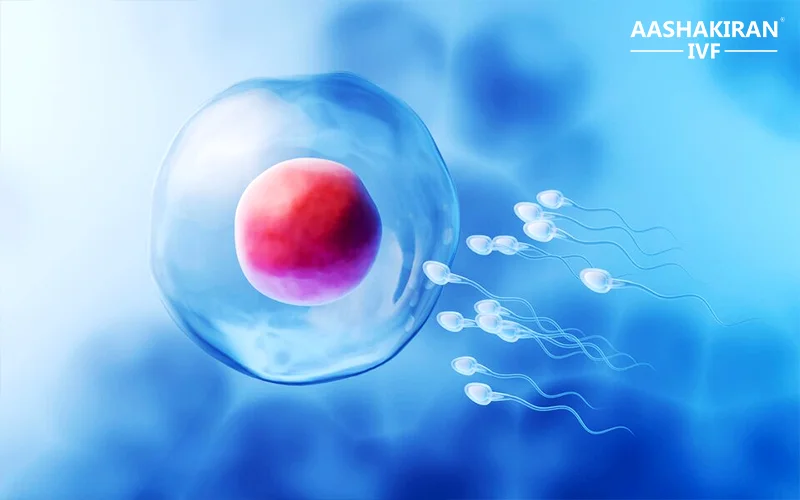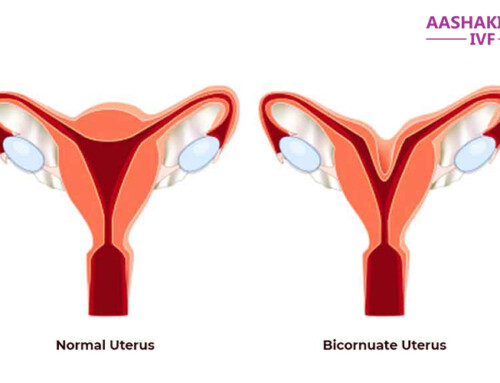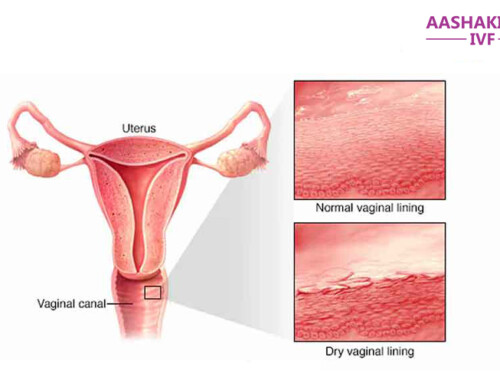Azoospermia is a medical condition characterized by the absence of sperm in a man’s semen. This condition affects approximately 1% of all men and is a significant cause of male infertility. There are two types of azoospermia: obstructive and non-obstructive.
Obstructive azoospermia occurs when there is a physical blockage in the ducts that carry sperm from the testicles to the penis. This blockage can be caused by a variety of factors, including infection, injury, or congenital abnormalities. In contrast, non-obstructive azoospermia occurs when there is a problem with the production of sperm in the testicles, which can be due to genetic factors, hormonal imbalances, or exposure to toxins.
Fortunately, there are treatments available for men with azoospermia who wish to father a child. One of the most effective treatments is in vitro fertilization (IVF), which involves the fertilization of an egg by sperm outside of the body in a laboratory setting. If a man has obstructive azoospermia, sperm can often be extracted directly from the testicles or epididymis, and then used in the IVF process. This is known as testicular sperm extraction (TESE) or percutaneous epididymal sperm aspiration (PESA).
However, if a man has non-obstructive azoospermia, sperm retrieval can be more challenging, as there may be no sperm present in the testicles. In these cases, AASHAKIRAN IVF can be a highly effective treatment option. AASHAKIRAN IVF is a specialized IVF treatment that is designed specifically for men with non-obstructive azoospermia.
The AASHAKIRAN IVF treatment involves the use of advanced genetic testing and sperm retrieval techniques to identify and retrieve viable sperm from the testicles. Once the sperm is retrieved, it is then used in the IVF process to fertilize an egg and create an embryo, which is then transferred to the woman’s uterus for implantation.
Overall, while azoospermia can present significant challenges for men who wish to father a child, there are effective treatments available at AASHAKIRAN IVF that can help to overcome these challenges and increase the chances of a successful pregnancy.




